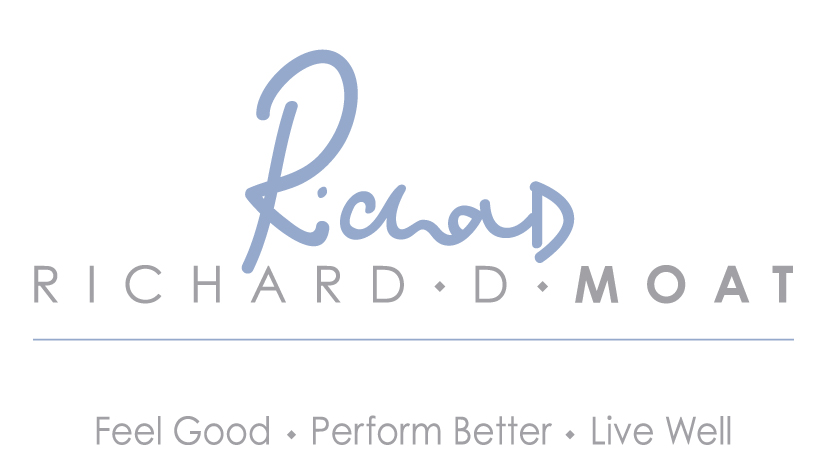Emotional Well-being
We are all designed to feel and experience emotions; it is an unavoidable and hard-wired aspect of being human.
Whether we like it or not, our feelings and emotions let us know how someone or something is affecting us; there aren’t many other feedback systems that are so reliable, instant, and capable of informing us in such an attention-grabbing way.
The relationship we have with our past, present, and future feelings and emotions is central to the current state of our emotional well-being.
Fear our feelings and emotions, and behaviours such as denial, suffocation, avoidance, suppression, and repression develop; this makes for an adversarial relationship with them.
Love our feelings and emotions – which makes for an amicable relationship with them – and not only are denial, suffocation, avoidance, suppression, and repression less likely, but good physical and mental health, together with states such as acceptance, peace, ease, and equanimity, are more easily achieved.
However, if you consider that “loving” your feelings and emotions is too big an ask, or you are at odds with the very idea, I recommend that as a minimum you settle for being honest about them.
Adversarial, amicable, or honest, the choice is ours.
However, the how in ‘how do I develop an honest or amicable relationship with my feelings and emotions’ is a question many people struggle to find an answer to.
I have searched and found more than one [answer], and invite you – if you are interested in hearing what those discoveries are – to subscribe to my Lessons In Emotional Well-being, which will not only give you access to some of the most valuable lessons I’ve learned and taught over the years, but also inform you of what I’m authoring, sharing, broadcasting, teaching, and where I’m appearing.
So, what exactly is emotional well-being?
The jury remains out on an exact or all-encompassing definition, although among experts there’s an emerging consensus that several common factors co-exist, factors which collectively represent and illustrate what emotional well-being looks and feels like.
I consider being well emotionally to be a way of life and a way of living, as opposed to an end point or specific achievement. There are degrees to which we can consider ourselves emotionally well and there are countless ways in which we can foster that state.
Healthy levels of emotional well-being are reflected in how happy we are, how at ease, relaxed, comfortable, calm, poised and in the flow we are with our life, together with the amount of confidence, fulfillment, harmony, certainty, and contentment we experience.
How can we elevate and enhance our emotional well-being?
Whilst feelings of discomfort, dis-ease, disharmony, discontentment, disruption, and distress are difficult to avoid altogether, their strength will be mediocre and their existence fleeting if our overall state of emotional well-being is robust.
Allow me to offer you something to reflect on that will hopefully add to or improve your understanding of the subject:
A Charter for Our Emotional Well-being
For our purposes here, the word ‘charter’ means a set of aspirational principles that prioritise and seek the achievement of healthy levels of emotional well-being. The principles here-in are an invitation to:
- Establish and enjoy an amicable relationship with our emotions, a relationship in which we prioritize their acknowledgement over their denial, their integration over their rejection, accepting them over resisting them, and expressing them in favour of suppressing them.
- Develop the skills to express and communicate our needs, our boundaries and our emotions clearly, eloquently, with equanimity, and without fear.
- Appreciate our emotions and understand how to honour, relate to, embrace, regulate, express, resolve, and integrate them.
- Approve of ourselves and bring a halt to seeking or relying on the validation, approval, acceptance, and favourable judgement of others.
- Cultivate feeling good about ourselves by nurturing a healthy self-image, buoyant self-esteem, appropriate self-confidence, adequate self-respect, and robust self-worth.
- Become unaffected by the potentially harmful, unhelpful and unsupportive words and actions of others.
- Default to an unhurried, considered and deliberate response to deal with whatever others – and life – hands or throws at us.
- Commit, unreservedly, to uncover and attend to any unhealed emotional wounds arising from ongoing or historical traumas, conflicts and stressors.
- Deepen our awareness of our unconscious needs and discover how to satisfy them in healthy ways.
I’ll be authoring further thoughtfully selected and carefully curated insights, wisdom, recommendations, advice, information, research and guidance about emotional well-being via my Lessons In Emotional Well-being, which you can subscribe to receive here.
To your emotional excellence and beyond…
Richard

